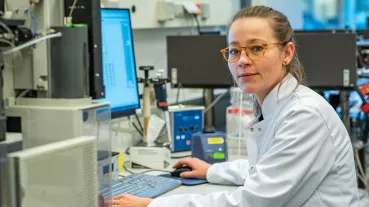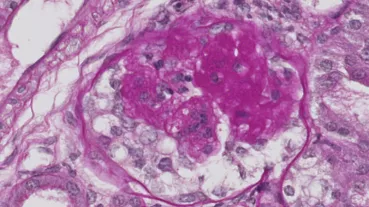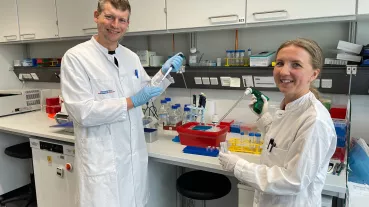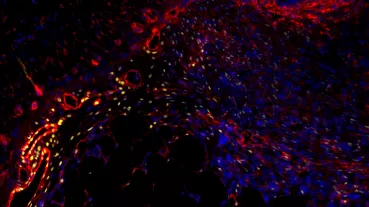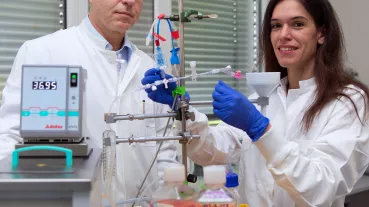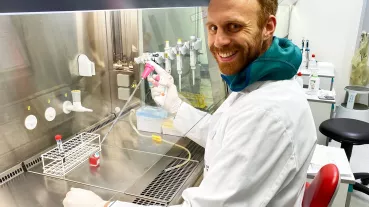Microbiome-immune axis in kidney transplant survival and rejection

Kidney transplantation (KT) is the best treatment option for patients with end-stage kidney disease. However, graft availability is limited and graft survival is restricted due to medication-linked toxicity and allograft rejection. Here, we aim to improve the understanding of the mechanisms of acute allograft rejection.
We focus on the role of the gut microbiome for the immune system in KT recipients and how pathogenic changes in the microbiome (dysbiosis) contribute to graft rejection. We will analyze samples from the national transplant cohort of the German Center of Infection Research (DZIF) and perform microbiota transfer from KT recipients (with and without rejection) into germ-free mice. Our results will pave the way for microbiome-centered therapies to improve allograft survival.
Here you can find further information.


